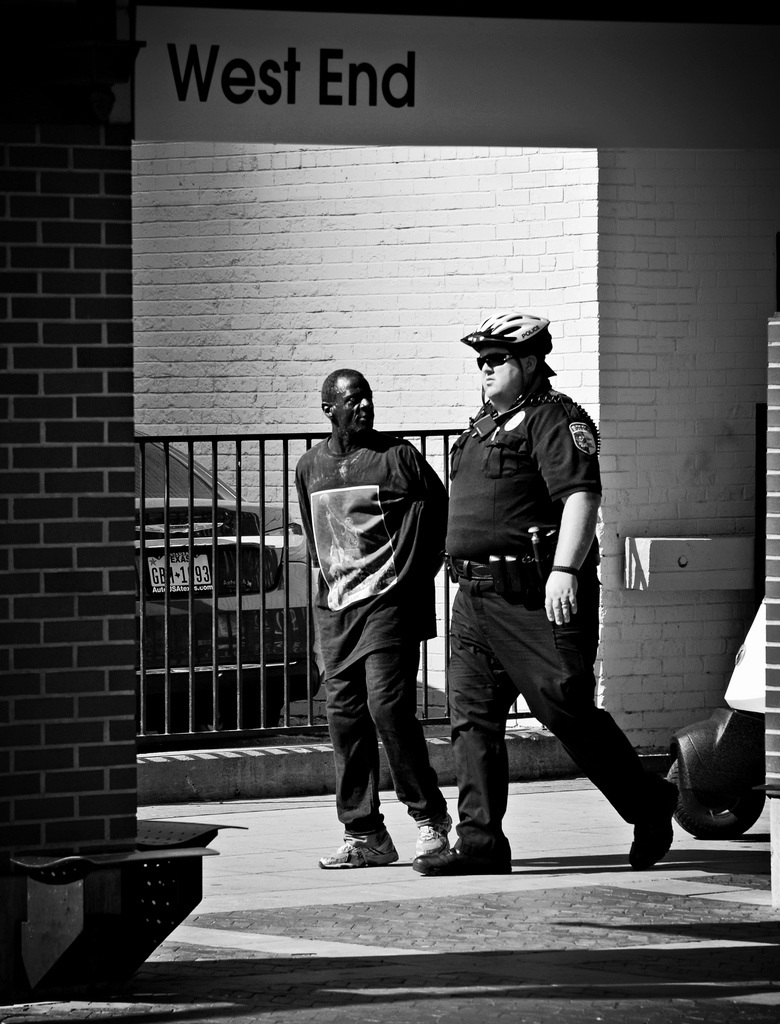| Seattle’s gum wall is an example of how the marketplace of ideas can go in directions no single person could predict. About 20 years ago, people began sticking chewed gum to the walls of an alleyway below Pike Place Market. Wikipedia says workers at a nearby theater tried to scrape it off, but more just kept coming. Today it is a must-see tourist attraction. A few days ago, while on a family vacation, I joined a steady stream of visitors in examining the colorful blobs of mastication, trying not to think of the germs or what my clothes might look like if I stumbled into the stuff. I also tried to imagine what the reaction might be at a typical city council meeting if someone proposed creating such a thing as a way to attract visitors, or as an idyllic backdrop for wedding photos. Someone from the health department surely would testify before the unanimous “no” vote. |
| | And yet the wall satisfies an apparent market need while complimenting a quirky part of a city whose residents like to explore limits. Plus, in a slimy sort of way, it’s fun, so long as you don’t lose track of small children who may be prone to pulling gum off and sticking it in their mouths. It is a goofy monument to freedom, in a strange sort of way. But it is hardly a measure of freedom. Gum wall or no, the United States isn’t doing so well on that front. The Libertarian Cato Institute has just published its latest Human Freedom Index, which bills itself as “A global measurement of personal, civil and economic freedom.” The United States came in 20th, which the report’s authors said is worrisome. The institute’s Ian Vasquez said the poor ranking “shows that the United States can no longer claim to be the leading bastion of liberty in the world.” Who, then, will fill that void? Hong Kong topped the index, followed by Switzerland, Finland, Denmark and New Zealand. Canada came in sixth. None, in my estimation is a replacement for the United States, with its simple and powerful list of constitutional rights. Hong Kong’s recent democracy protests show it may not be on top for long. The list nearly mirrors the annual Index of Economic Freedom published by the Heritage Foundation and the Wall Street Journal, which also ranked Hong Kong first this year and Canada sixth. The United States came in 12th on that one, dragged down by, among other things, the Affordable Care Act, “which has reduced competition in most health insurance markets, (and) remains a drag on job creation and full-time employment,” the report said. But Cato’s human freedom report is perhaps more significant because it measures things such as religious freedom, the freedom of expression and other First Amendment rights, as well as the size and scope of government. The latest report used data from 2012, the last year for which the authors said sufficient information was available. The United States suffered from growing government regulation, a lack of press access to government and invasions of privacy related to the war on terror. It makes me wonder how much farther we have slipped since 2012, now that the federal government is trying to force its will on religious organizations that don’t want to provide abortion services, the scope of NSA spying has been uncovered and violations of press freedoms are growing. Prosecutors in St. Louis County, for instance, are insisting on pressing charges against two reporters for allegedly contributing to civil unrest by recording protests in Ferguson, Mo. The two reports are more than just interesting measures. Both draw compelling correlations between freedoms and wealth, as well as democracy and other factors that affect innovation and overall happiness. They even demonstrate a connection between economic freedom and environmental protection. Freedom matters in significant ways. I’ll admit the gum wall analogy is far from perfect. Seattle is hardly an example of a place with low taxes, and the wall is a sort of community-sanctioned vandalism of private property. But it does illustrate the futility of central planning as compared to the colorful and surprising results of freedom, something Americans ought to appreciate more. |


 RSS Feed
RSS Feed

